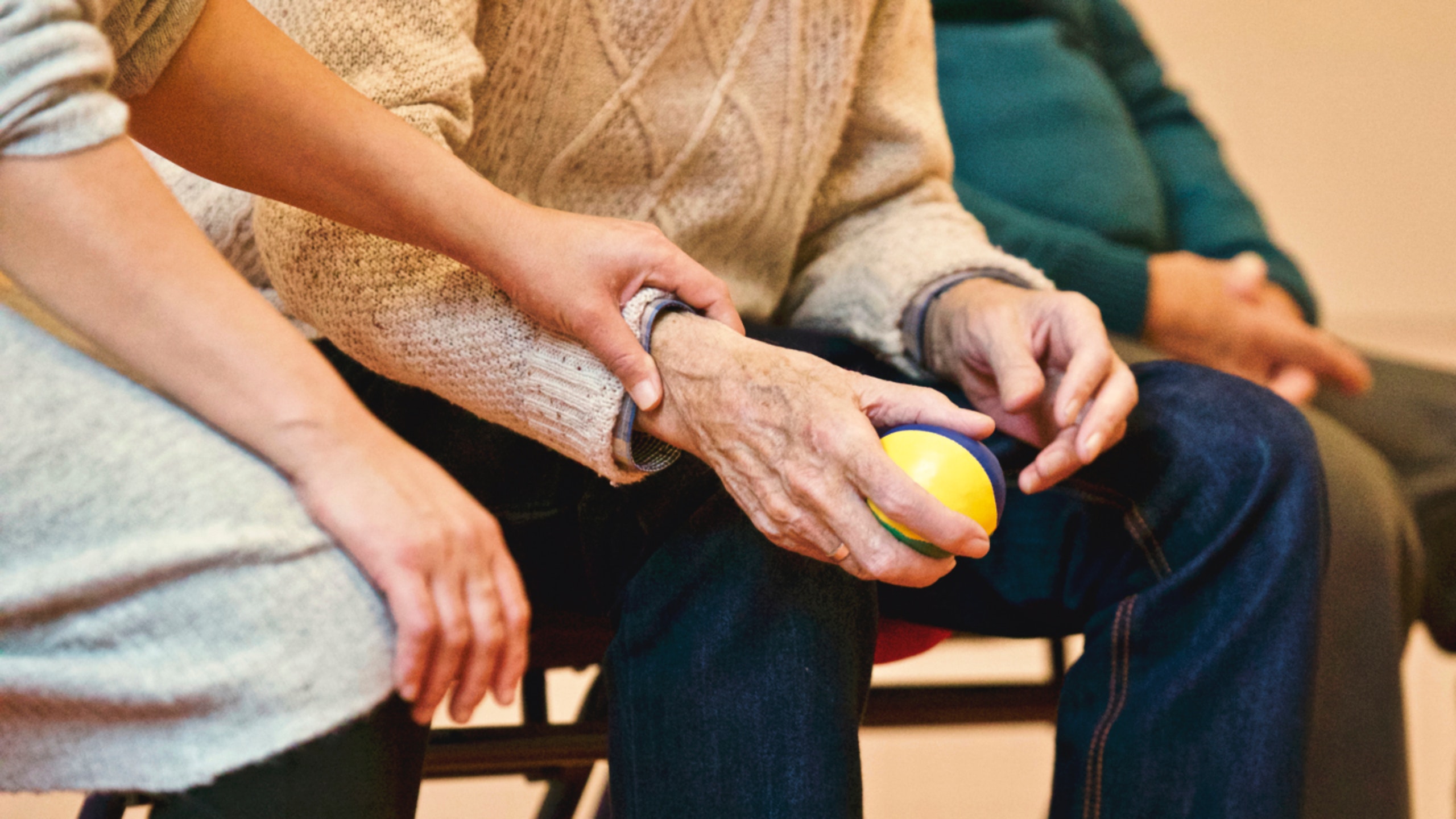Hearing aids can be a substantial investment and need to be properly maintained and kept in order to ensure they perform at their highest capability. Neglecting to maintain your hearing aids can result in a buildup of earwax, water damage, and even physical damage to the device. To prevent costly repairs, or also having to replace your hearing aids, follow these seven preventative care tips.
- Earwax can often cause a plethora of issues for your hearing aids. Wax buildup in your ear is usually classified as either hard or soft, but it can also be a vapor that can go deep into your device where it can coagulate and settle on integral components. To prevent this kind of damage to your device, first, be sure to clean your hearing aids every morning by wiping them down. Use proper cleaning cloths that won’t re-deposit any wax or sediment. It will be easier to wipe down your device in the morning because any wax will have had the opportunity to dry overnight. Be sure also to clean the tubing regularly to prevent any wax buildup there.
- Water damage can pose a considerable threat to your hearing aid device. Preventative steps can be taken to safeguard your device from being exposed to any water, humidity, condensation, or perspiration. If you are planning to interact with large bodies of water or going to swim, store your hearing aids in their given cases and keep somewhere cool, dry, and shaded to avoid any unnecessary overheating or condensation.
- When showering, keep your hearing aids stored in your bedroom and the same place to avoid forgetting them in your ears or accidentally knocking them into the bath or toilet. In your BTE hearing aids, make sure to remove the tubing from the ear hook and use a tube blower to rid the tubing of any moisture from the ear canal.
- When preparing for bed, leave your hearing aid battery door open to allow ventilation through the device, this will also help preserve your battery life.
- If you have a dehumidifying container, store your hearing aids here as they serve not only as a moisture absorbing area but also it will protect and store your devices.
- In order to prevent physical damage to your device, store persistently in a secure manner whenever your hearing aids aren’t being used. Keep them out of reach of small children and pets. However, if your device sustains damage, collect all the components, and schedule an appointment with your hearing aid professional as soon as possible.
- Remember, it is essential to have your hearing aid device cleaned professionally regularly. Only a professional can make sure you get to all the small nooks and crannies you may not be able to reach, and ensure they are cleaned without doing any damage to your device.
Dr. Joe Griffith, AuD, CCC-A, is a certified audiologist who makes “house calls”. Call him at (504) 738-4557 or visit www.accessiblehearing.com to schedule your hearing test today. You are just a phone call away from the hearing help you need and deserve.



